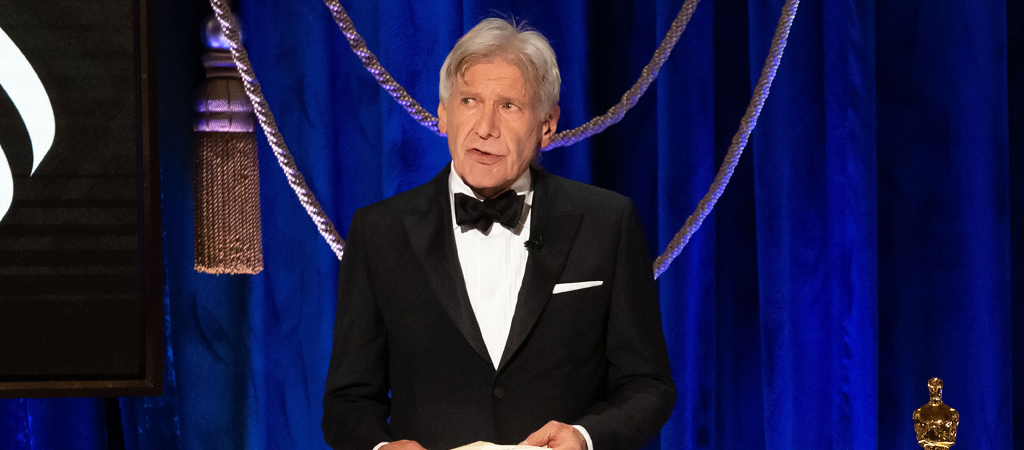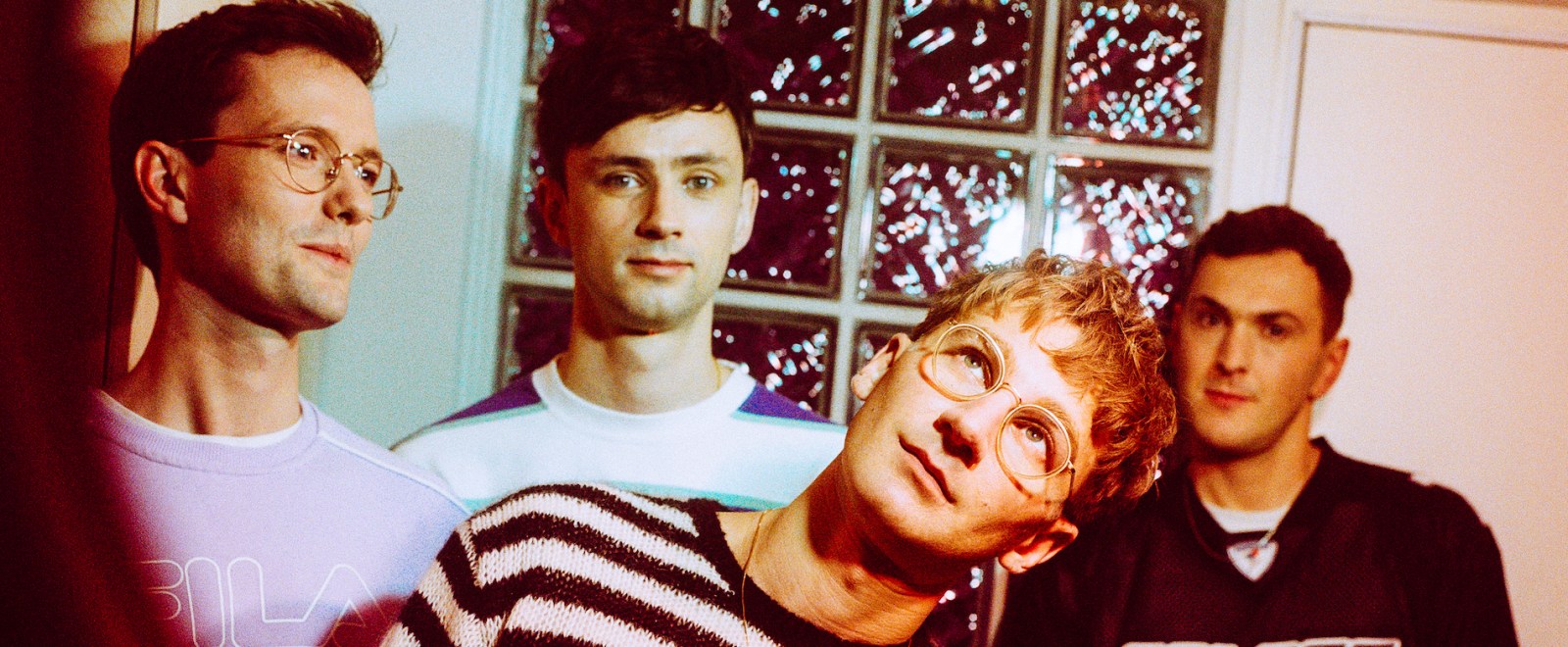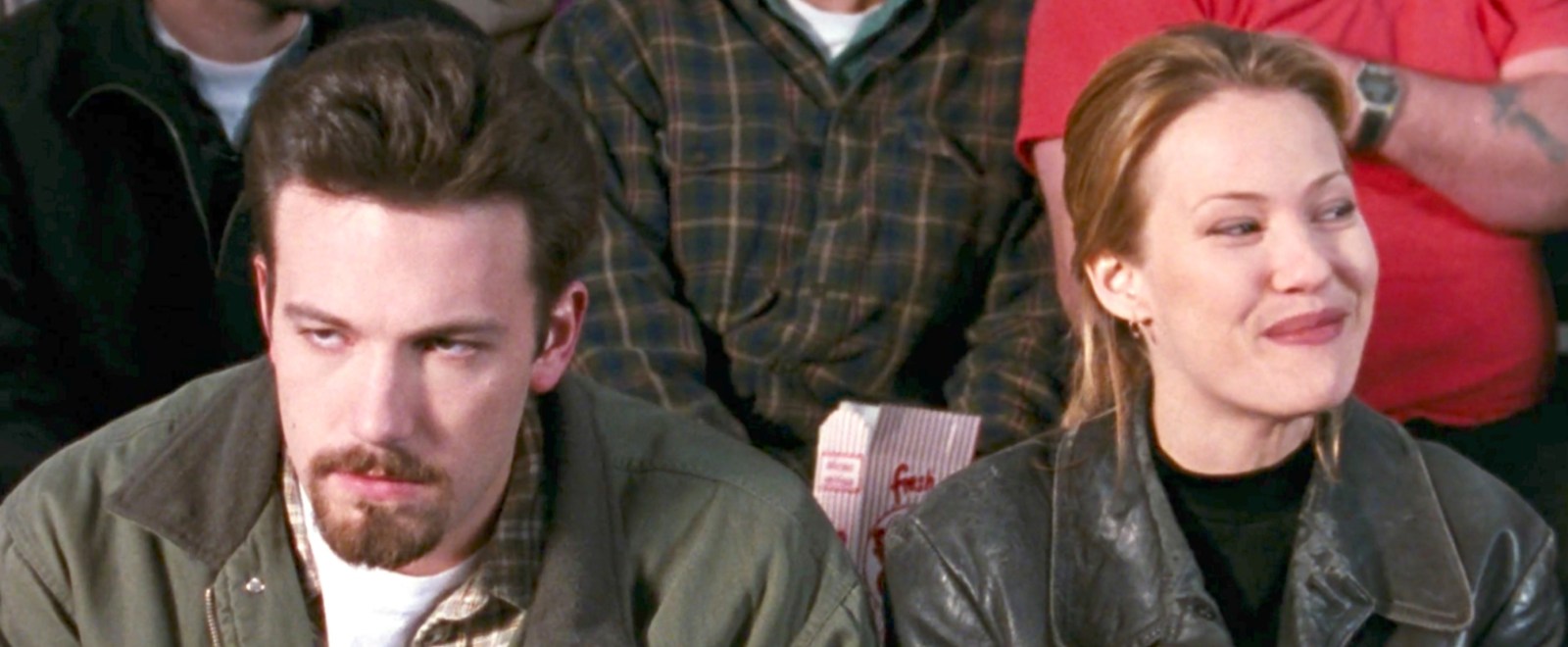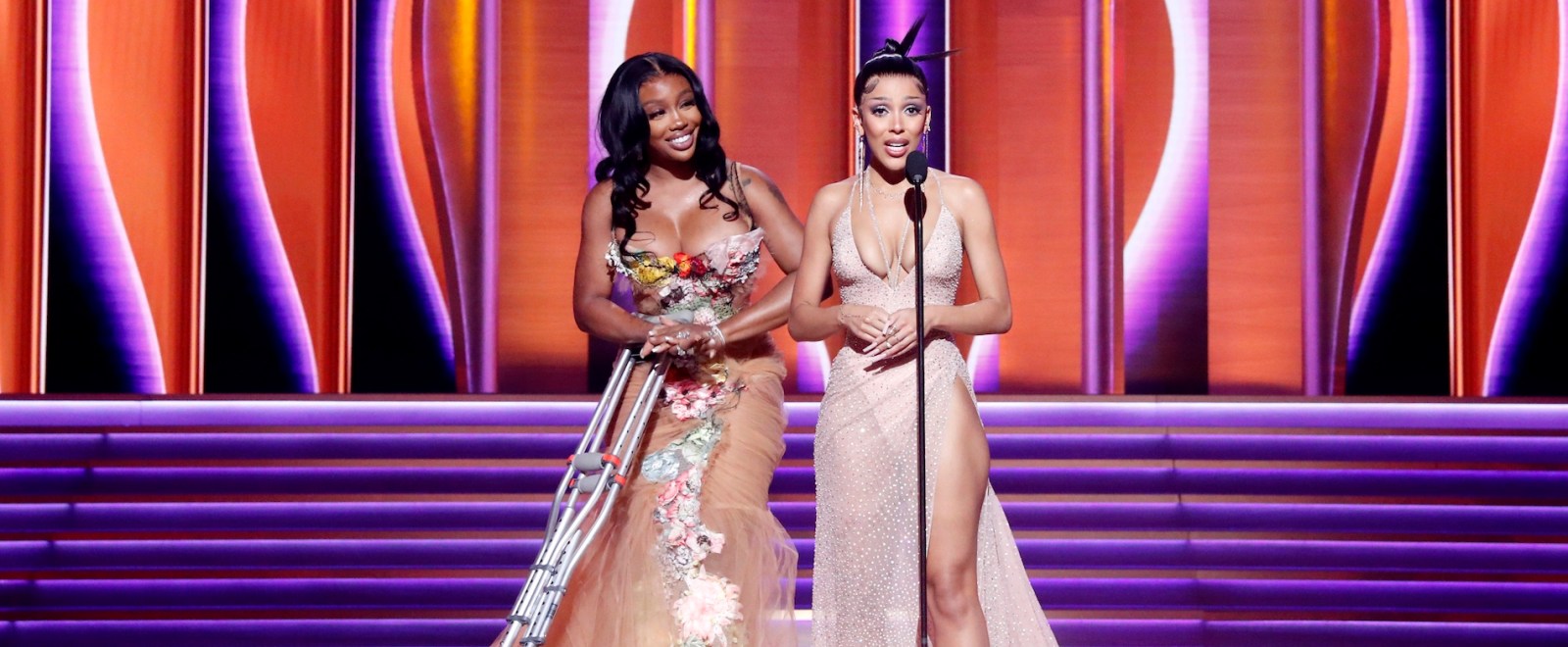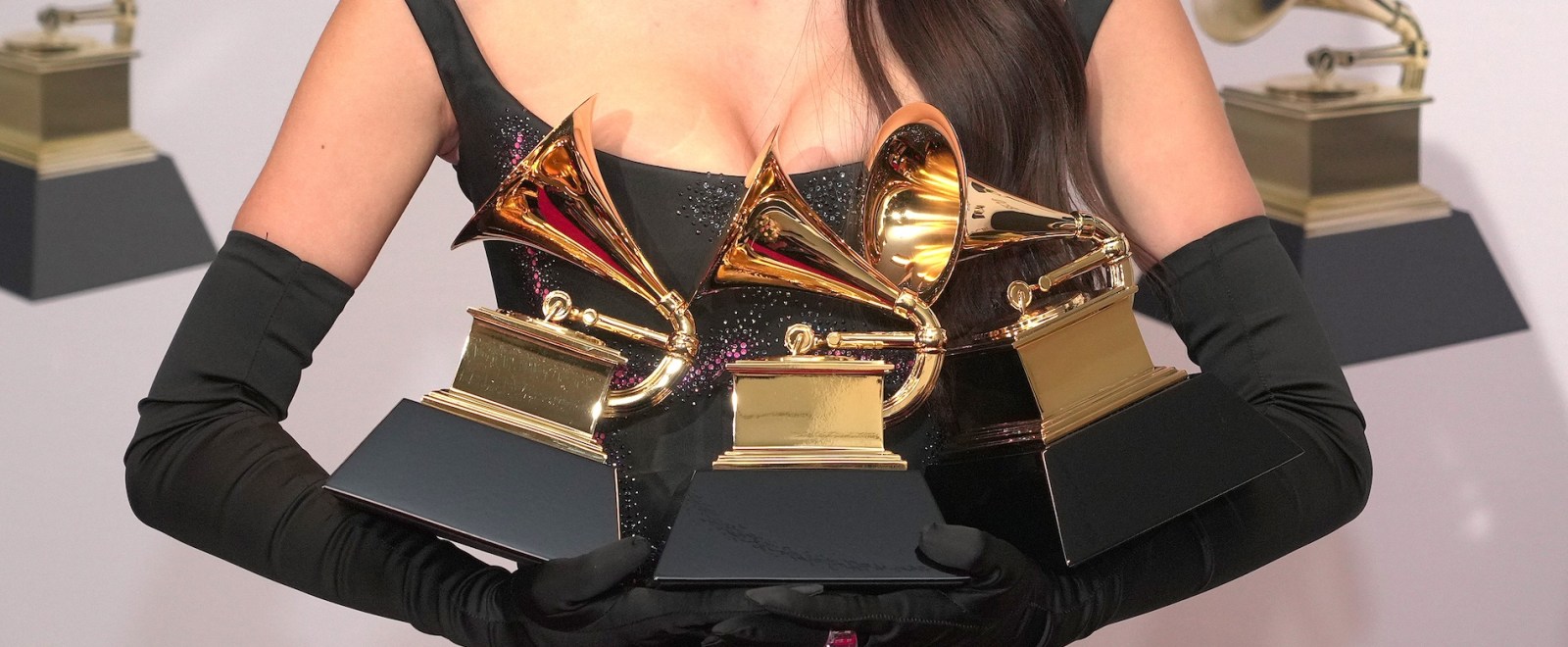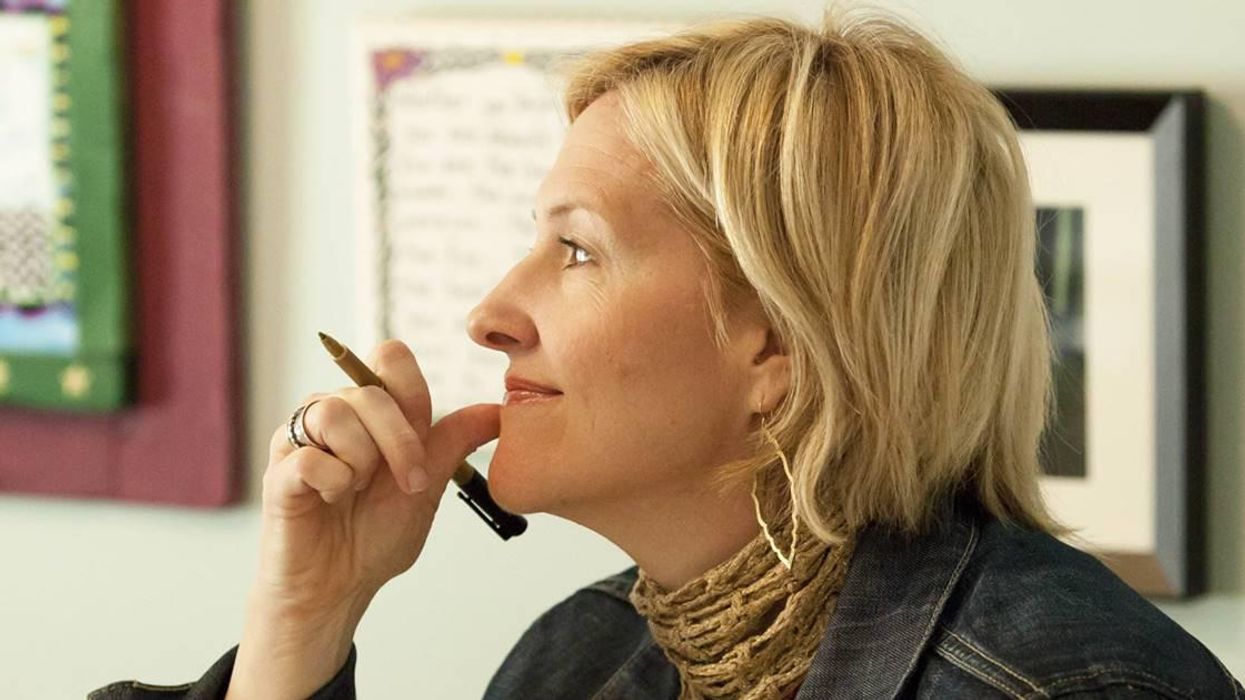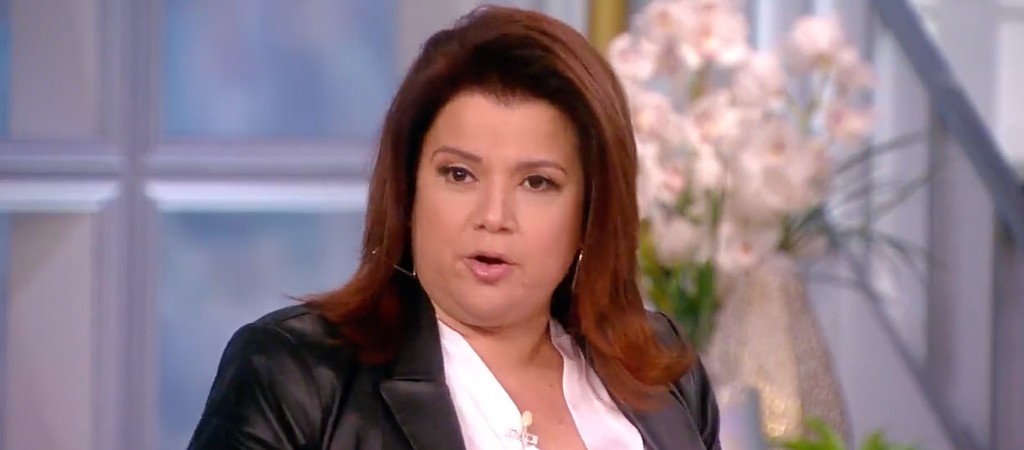The base notes about Magic, Kareem, Pat Riley, and the Showtime era Lakers are carved into lore to such a degree that even non-basketball die-hards have some awareness. But of all the characters brought into fuller view by HBO’s Winning Time, none is as compelling and, ultimately, tragic as Jack McKinney, the man who supplied the team with its high octane gameplan only to be sidelined right before takeoff. If you’ve read up on McKinney or seen last night’s fifth episode (hey, stop now if you haven’t because of spoilers, friend), then you know about the brutal tragedy that befell McKinney, but while things don’t look great, don’t assume that the McKinney storyline is finished.
Earlier this week, we spoke with actor Tracy Letts, who has been given the rare opportunity on this show to flesh out someone whose story is near totally revelatory to the audience. Here, he gives us a broad strokes view of what comes next, some insight into the challenge of building this character, and that pivotal accident at the end of the latest episode.
The way you said “Doritos” in Lady Bird has somehow stuck in my brain, and I say it all the time and my wife is annoyed by it. But I wanted to share that with you. It’s a very specific compliment that I don’t know that you’ve received before.
If anything, I’ve gotten a little grief from people in my life for the way I pronounce Doritos or Fritos, the fact that I put the medial T. I guess Greta [Gerwig] enjoyed it, and so didn’t correct me on it or change my pronunciation. Yeah, it seems to have landed with people, so that’s nice.
What a wonderfully weird way for me to start this interview with you. Sorry. So I was reading about your basketball fandom in your life. I’m curious if this has sort of reactivated that.
Not really, not really. I haven’t found it especially compelling in the last couple of years, and God knows I’m not, nor have I ever been a Lakers fan. There are people in my life who would disown me if I became a Lakers fan. In fact, the producers of the show were very nice when our baby was born during the shooting of the series, and they sent a little Lakers onesie to the baby. Which we put the baby in, and of course took photos of the baby, and we had some disgruntled family members upon seeing the baby in a Lakers jersey.
What is it about this guy that just connected with you?
Well, I didn’t know the story. I guess I was probably 14 years old when this story begins, so I remember the Showtime Lakers very well. But I didn’t remember Jack McKinney at all, if I ever knew who he was, and I found this guy’s story not only really compelling but just the fact that it was this kind of lost history, forgotten history. And not just a coach who had an accident and had some bum luck, but there’s something kind of Greek about the idea that he’s actually this innovator who changes the game, perhaps. I suppose it’s somewhat a matter of opinion, but within the telling of our story, a guy who changes the game only to suffer this accident 13 games into the season. It almost seems fated in a way. It has the inevitability of Greek tragedy. So I found that a really compelling thing.
When they sent me the pilot … Because they had shot and completed the pilot and then they had shut down for the pandemic. And then they sent me the book of scripts and it was all done. It was all so beautifully laid out and polished. I couldn’t believe the condition of these scripts. Television scripts normally don’t have that kind of polish to them. But as they explained, they’d had a year because of the pandemic to really get them right. So I was able to track this guy’s story over the whole course of the season. Which was, I don’t know, it was not only a beautifully written part, beautifully wrought character on the page, but also so clearly delineated from the other players in the story. He was not like Paul Westhead, he was not like Pat Riley, he was not like Jerry Tarkanian, not like Jerry West. He was very much his own individual. So [for] all those reasons, it was not a difficult decision to say yes to do this show.
The tone of one word specifically that I keep coming back to was just the way that you uttered “again!” Going through the training montage, all those processes, there’s such an intensity to it, an impatience to it. Can you tell me a little about developing the exact right way to say that word and how important it was?
Everybody talked about what a nice guy Jack McKinney was. People still say he was a very nice guy, and that he was a very smart coach. Clearly, he was very smart, he was well-liked by his players, and all of that was on the page. But it’s also true that in the time period in which this is set, coaches were not soft. That’s just not part of the makeup of those guys.
A couple of the actor-players came up to me after we’d done it for a while and said, “Man, have you ever coached before? Because you sound a lot like coaches we’ve had in the past.” And I said, “Well, no. I’ve never coached before, but I’ve been coached before,” and I remember the manner of those guys. Coming out of the time period they came out of, there was … Well, again, not a lot of softness. So those “against,” there’s a certain bark behind those coaching moments that I think is just appropriate to the time, to the period.
Can you tell me a little about the working relationship and the chemistry developed between you and Jason Segel and Jason Clarke?
Well, Jason Segel and I met, I think it was his first day on the set and maybe it was my second day on the set when we were shooting those training camp scenes. I had never met Jason before, and we just took an immediate, instant liking to each other. It was really bizarre. Within an hour we were having some pretty personal conversations. It works for the show obviously, but chemistry is kind of overrated. As an actor, your job is to create that chemistry, whether you do it organically or artificially. It doesn’t matter. But Jason and I just really hit it off and it really worked for the show.
It was also funny, too, when the show was over and we got to see each other out of our wigs, we kind of didn’t recognize each other. We only dealt with each other when we were on the set shooting the show. So to see him in his real hair, and for him to see me getting out of my wig, and my bald, white head sort of glaring out from under my wig. It was like, oh, that’s the real you underneath there. We had a great time. Jason Clarke, I love his work on this show. I think he’s got one of the more challenging jobs on the show with Jerry West, the way that Jerry West has been dramatized. He’s just a superb actor.
But this show, again, because of the quality of the writing… People talk about how loaded up the cast is. The only reason the cast is loaded like this, it’s not that they paid us so much Goddamn money, or promised us the world or anything. The only reason that cast looks like that is because the writing is so good. It’s because people said, “I want to be part of this thing.” Not only is the writing really good, but the show is fun, and everybody wants to be part of something fun.
The bicycle scene is just brutal, just really amazingly portrayed, but brutal. Obviously, there’s a lot of stagecraft involved, stunt performers and everything like that, but what does it feel like to see that end result and see yourself in that way? Also, I saw Deep Water recently, you and transportation modes may not be a good fit right now…
[Laughs] Well, it’s such a key point of the story. The truth is that when you just tell people what happened to Jack McKinney, “Oh, he coached 13 games and then he was in a bicycle accident and didn’t come back to coach the Lakers,” it just doesn’t do justice to the actual physical trauma that that guy suffered as a result of that thing.
Yeah, I know from the personal experience of going over the handlebars as an adult once and getting a concussion that when you tell people “bike accident,” they start to assume, “Oh, a dirt bike?” No, just a regular bike.
Yeah. Wasn’t it Mark Eaton, who played center for the Utah Jazz, who died in a bicycle accident while we were filming this? He was in his sixties, but people die on bicycles every day.
Yeah, definitely.
It was a really brutal accident, and the fact that it looks that brutal is not my doing for the most part. It’s really a credit to not only the way, the scene is written, but as you say, the camera operators, the stunt performers, the editors. A lot goes into creating a scene like that. I do know that, man, you hear actors bragging about how they do their own stunts. That will never be me. I’m always a guy who’s like, “Well, can the stunt performer do it?” I want the stunt performer to do it because they’re going to do it better than I can do it.
So I kind of did the bare minimum. In fact, there were a couple of times where they came to me and they said, “We want you to come out of here, and then you go down this hill,” and I was like, “Yeah, without a helmet on I’m not doing that.” I’m not about to tempt fate by riding around doing anything on this bicycle without a helmet on. Wouldn’t that make for a great little click-bait story, right? That the actor playing Jack McKinney busted his head open while riding a bicycle. So I was like, no, no, no. I left it up to the stunt performers to do that.
An extra bit of Greek tragedy on top of the Greek tragedy.
[Laughs] That’s right.
Some of the best work that you do on the show comes up with the recovery. I don’t know how much we can say, but I’m curious if you want to give a little preview of what’s to come.
Well, what’s to come is the drama that unfolds as a result of the accident. If all you know about the Lakers’ history is that Jack McKinney coached 13 games, and had a bike accident, and didn’t come back to coach, then you don’t know about all of the twists and turns of that particular branch of the story, the coaching branch of the story. Which is, my God, how many coaches are in this first season of the Lakers? Four head coaches? So there’s a lot of drama to come, and I think some of it is unexpected. Some of it is hard. Some of it is hard to watch, I mean in the best sense. It’s the stuff of drama.
Again, man, I was so delighted to take part in this. If anything I probably had some feelings of jealousy that the real Jack McKinney might have had as I realized, “Oh, this show is going to go on without me.” Right? Showtime doesn’t go on with Jack McKinney, and I’m sad about that because I had such a great experience. I loved it so much. But I’m proud to have played this guy. Jack has been dead a few years, but I hope his family is pleased if nothing else to see that he’s starting to get some of the credit that he’s been due for a long, long time.
‘Winning Time’ airs Sundays at 9PM ET on HBO
